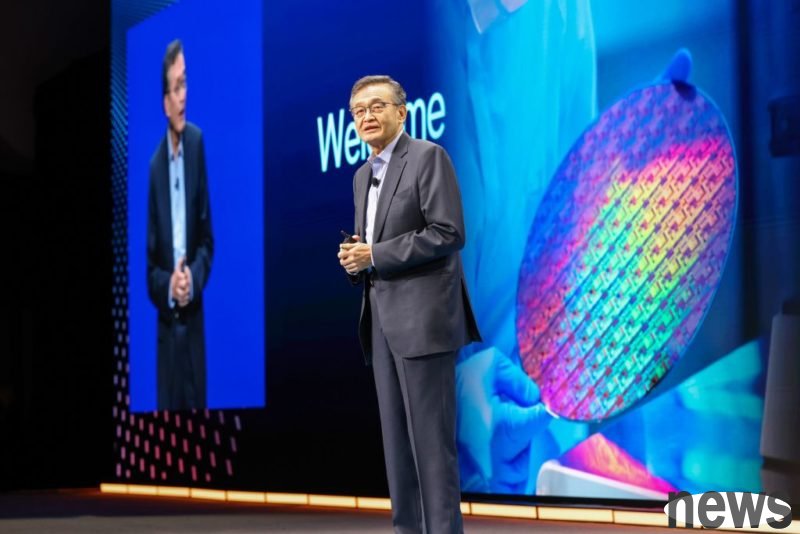
Against the backdrop of increasingly fierce competition in the global semiconductor market, Intel executive chairman Chen Liwu admitted that the company's situation was not happy. Intel has fallen out of the "top ten semiconductor companies", and its overall performance has dropped sharply.
As the semiconductor giants in the past were in trouble, Chen Liwu said in a conversation with employees that Intel still needs to make a lot of efforts if it wants to continue to develop forever. "Twenty or thirty years ago, we were indeed leaders in the industry. But now the world has changed, and I think we are no longer the top ten semi-conductor companies in the world."
Intel has had many problems in the past, including the loss of AI trends and the failure of consumer products to improve. What's more serious is that the crystal OEM department did not meet expectations. The failures have put the company in a deep dilemma, not only operating in the industry, but also losing a large number of customers.
According to comprehensive foreign media reports, companies that once occupied a weak position in the CPU market are now facing strong pressure from competitors such as AMD and NVIDIA. AMD's Ryzen series processors have become the first choice for more and more users, and have also been successful in game hosts and handheld devices. Intel's vertical integration advantages are now becoming a burden and cannot compete with the opponent's electric power.
Chen Liwu realized that the current manpower scale and strategy are not a good solution, and radical reforms must be carried out. One of the important changes is the layoffs, because "the smaller Intel can move faster." In addition, like former executive Pat Gelsinger, Chen Liwu also admitted that Intel is difficult to do in the AI field because its opponents have quickly occupied the market. The only AI field Intel is still involved in is "edge AI", which is to integrate AI capabilities into consumer processors.
Chen Liwu believes that agent AI will become the key area for future growth, and said that the company will conduct high-level personnel changes in order to revive Intel's market position.
Finally, when discussing the 18A process, Chen Liwu emphasized that the external business potential is limited. At present, he only considers supplying internal customers and has not yet decided whether to open external sales. The hope of Intel's Cylinder Foundry Department's desire to compete with NT$100 million has almost broken the stage. If the next-generation 14A process is successfully promoted, it may also set off a new wave of competition in the market.
Despite the difficulties, Chen Liwu remained optimistic about Intel in the future and emphasized the need to make changes in company culture to better adapt to industry changes.
Intel’s CEO: ‘We are not in the top 10’ of leading chip companies Intel CEO Lip-Bu Tan Reportedly Admits to Falling Behind the Competition, Saying That Turnaround Would be a Difficult Marathon Intel CEO says it’s “too late " for them to catch up with AI competition — reportedly claims Intel has fallen out of the “top 10 semiconductor companies " as the firm lays off thousands across the world Extended reading: I was so sad about Taiwan's electronic industry that year, but now I am on the cliff: Samsung's "Taiwan Plan" has been backfired? Climate change and malfunction copper supply! Semiconductor industry has been in a state of sudden link crisis, and enterprises are urgently responding to new solutions